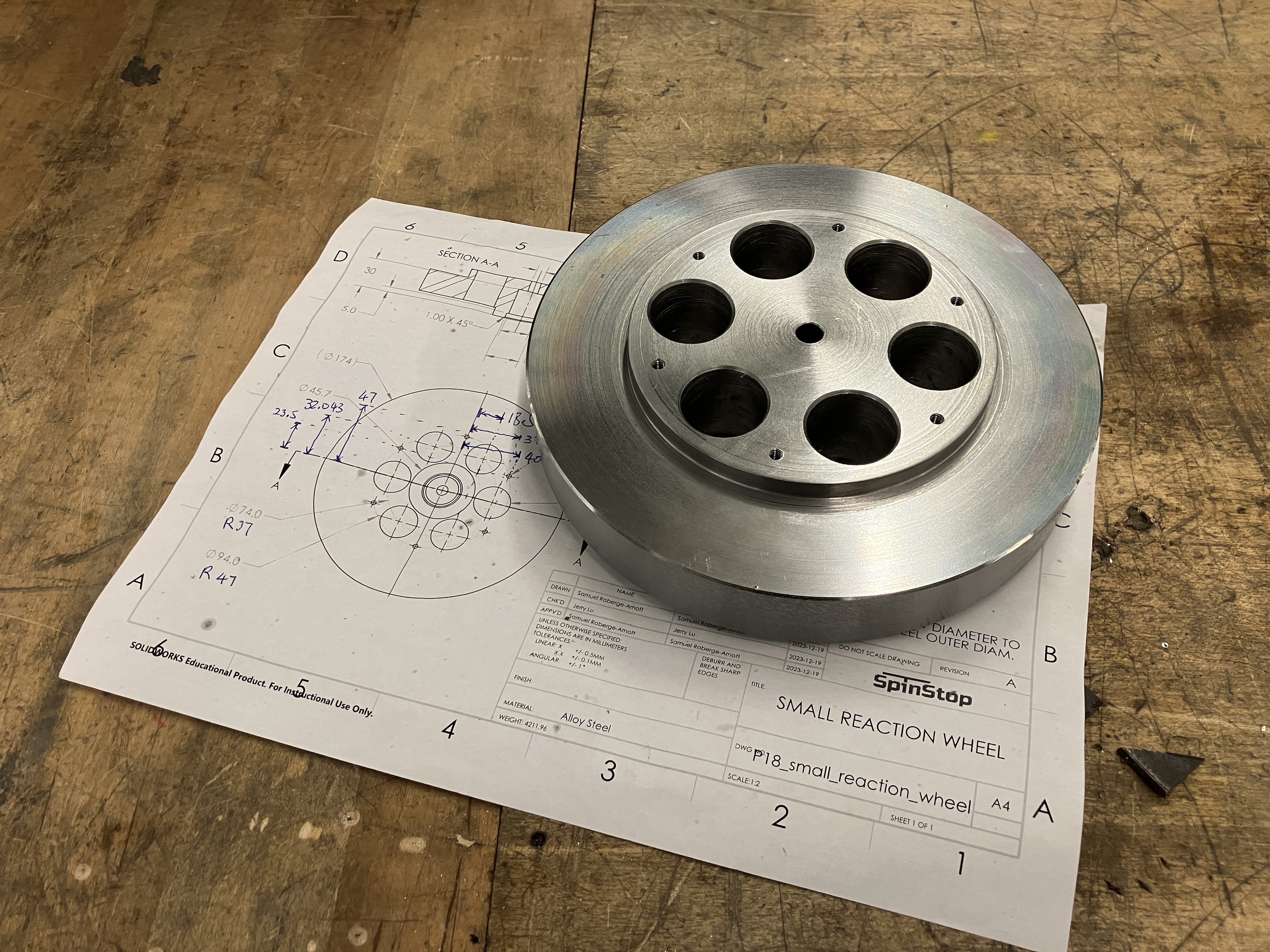As an engineering student who just graduated high school last year, I have had my fair share of STEM courses. I have been taught math and the sciences many times by many teachers, and only recently have I started examining the underlying assumptions that I used to and currently have about learning them. More specifically, I intend to discuss here the reason I have had in my mind for why I needed to study these subjects, and an interesting reason I currently have, which could serve as a meaningful alternative for other people as well.
Of course, there is a trivial answer from me in the perspective of an engineering student— I need to study STEM subjects so that I can use the skills taught by them in my future jobs, because I need to use them in my future jobs. However, it is interesting that before I ever considered studying engineering, I had a similar thought in mind for why STEM subjects are required in school: because I’ll need to use what I learned in one way or another in my life. I think many people, want-to-be engineers or not, can relate to that thought. It isn’t for no reason that phrases similar to “when will I ever have to use this?” are so commonly whispered or thought of in STEM classrooms.
It is equally interesting that when it comes to subjects related to the arts, my answer becomes different. Sure, the want-to-be artists study those subjects because they will need to use the skills taught by them, but I wasn’t one and I didn’t argue the same case for myself. I didn’t think I was being taught how to paint or play instruments or analyze Shakespeare’s plays because I will need to use those skills in the future. I might have complained about having to learn them but my complaint in this case was not “I will never have to use this”. Somehow it was implicitly understood that I wasn’t being taught these things because they are supposed to be useful. I assumed that I was being taught the arts simply for the sake of experiencing them — for the sake of their artistic value, since I am a part of the human culture from which great works of art were created. Somehow that was reasonable enough for me to sit through each class despite my personal complaints about some of the material. I just appreciated them for what they are, then moved on and studied in university subjects that I enjoyed more.
So here comes my idea: what if the same perspective about the arts is applied to STEM subjects? For students who don’t enjoy STEM and make the argument that they will never have to use the knowledge taught by such subjects (which I think is definitely true for the majority of their content), what if those students stopped thinking they have to learn these subjects because they are supposedly useful, and instead thought that they have to learn these subjects just for the sake of experiencing them, since they are a part of this complex universe which hosts elegant patterns and systems best understood through the lens of mathematics and the sciences?
I’m proposing here a change in the way students think about the fact that they all have to learn some math and science in school. It is my hope that with this shift in perspective, more people can be open to the idea of learning STEM subjects and have a meaningful reason for putting effort into studying them, whether they enjoy them or not. Many students, my past self included, have the attitude that we are being taught math and science because they are supposed to be useful to us in one way or another. This attitude fails the moment we realize most of the math and science we’re taught are really not useful to our daily lives, then those subjects lose every bit of credibility to us and we become apathetic or frustrated towards them because they are not what we thought they were supposed to be.
So, instead, try having a new attitude toward STEM subjects. See them not as falsely-advertised scams but on equal ground as the arts. We’re learning the visual arts, music, and literature because we consider them to be beautiful and because great works of art are an integral part of human history. Similarly, we’re learning mathematics, physics, chemistry, and biology because the physical universe is complexly beautiful in its own way, and because as a part of the universe, we ought to know at least a little about it. If you don’t think those subjects are for you, that is absolutely fine. Just appreciate them for what they are, and move on after you get your required credits. Nevertheless, it is healthy to have a positive attitude toward learning math and the sciences. Being a part of this beautifully complex universe and yet ignorant about its workings should be as equally embarrassing as being a human and yet ignorant about our beautifully rich histories and cultures.
Interested to discuss more? Please email me!
